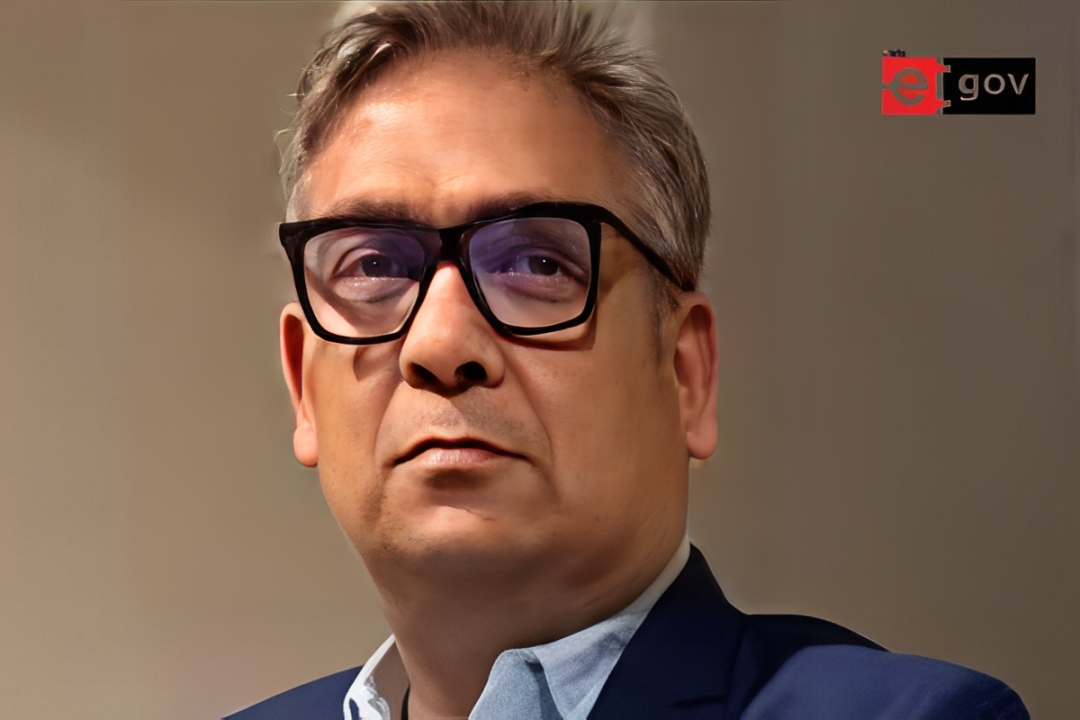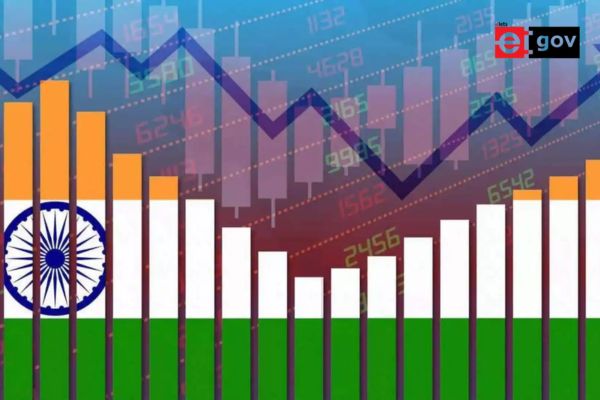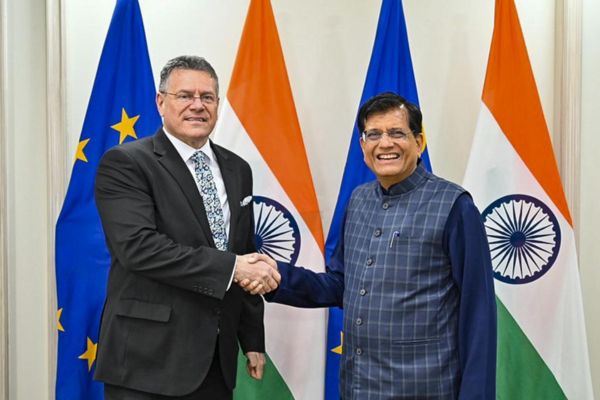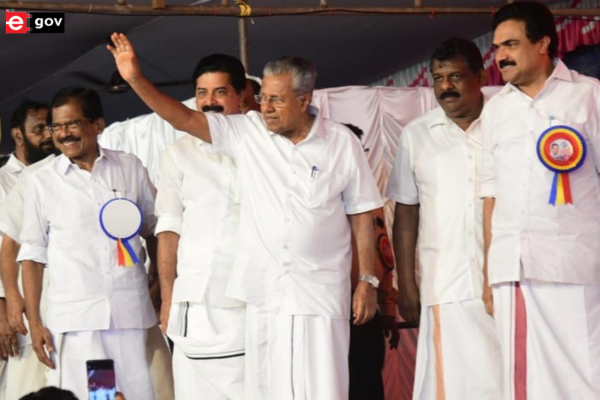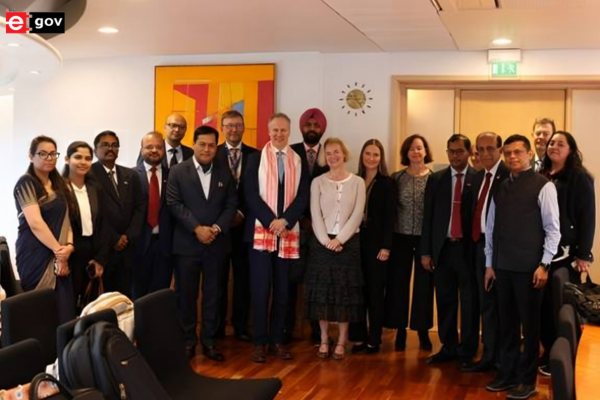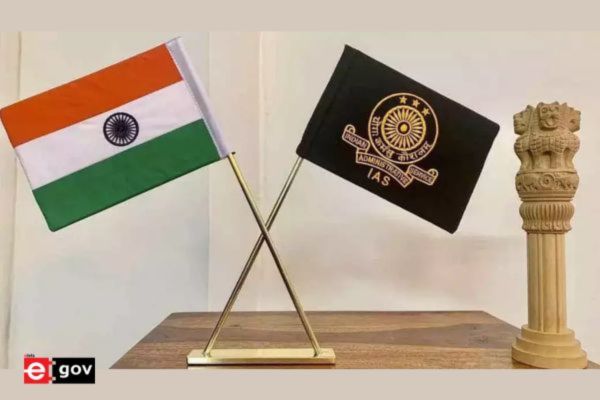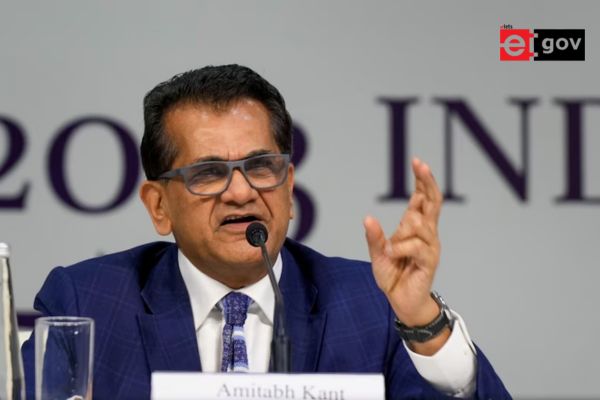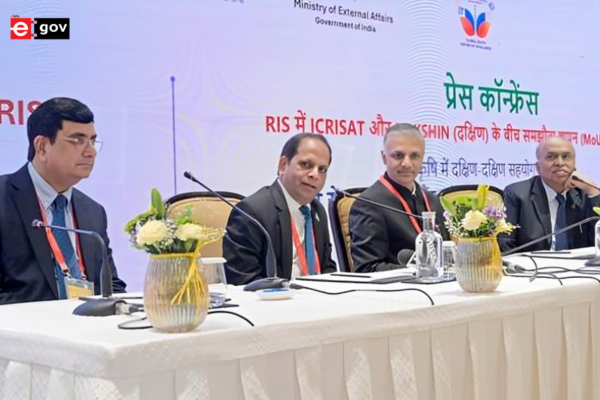
In a significant step toward strengthening agricultural development through international collaboration, the International Crops Research Institute for the Semi-Arid Tropics (ICRISAT), in association with the Research and Information System for Developing Countries (RIS), officially launched the ICRISAT Centre of Excellence for South-South Cooperation in Agriculture (ISSCA). The announcement was made on June 3, 2025, during the “Conference on Global South and Triangular Cooperation: Emerging Facets” held in New Delhi.
The ISSCA aims to serve as a dedicated platform for enhancing agricultural innovation, knowledge exchange, and technology transfer among countries in the Global South—regions that face common challenges related to climate variability, food insecurity, and sustainable agricultural growth. This milestone initiative reflects a broader commitment by India and its institutional partners to foster development partnerships under the framework of South-South Cooperation, aligned with the principles of inclusive and sustainable progress.

As part of the centre’s inauguration, a Memorandum of Understanding (MoU) was signed between ICRISAT and DAKSHIN (Development and Knowledge Sharing Initiative), a Government of India-backed programme aimed at promoting capacity building, knowledge dissemination, and developmental engagement with countries in the Global South. This partnership is envisioned to enhance the scale and impact of agricultural interventions by integrating research-based innovations with grassroots-level practices.

Dr Himanshu Pathak, Director General of ICRISAT, emphasised the transformative potential of this collaboration. He noted that while the Global South is home to a wealth of traditional knowledge, scientific innovations, and resilient farming practices, there is a pressing need for coordinated efforts to mobilise these resources for scalable impact. “ISSCA will function as a catalyst, enabling peer-to-peer learning and technology deployment tailored to dryland agriculture and developing regions,” Dr Pathak said.

One of ISSCA’s key features is its interactive digital platform, which will act as a dynamic repository of validated agricultural innovations and policy models. The portal is designed to support real-time knowledge exchange, partnership facilitation, and the dissemination of cost-effective, climate-smart technologies. This resource is particularly aimed at smallholder farmers and agricultural policymakers seeking sustainable and adaptable solutions for semi-arid and vulnerable agro-ecosystems.

In his remarks, Professor Sachin Chaturvedi, Director General of RIS, underlined DAKSHIN’s strategic role in facilitating sustainable development through knowledge sharing and technical cooperation. “Our partnership with ICRISAT is grounded in a shared mission to accelerate agricultural transformation through digital technologies, sustainable production practices, and inclusive policy frameworks,” he said.
Professor Chaturvedi further highlighted the importance of building institutional linkages that can translate scientific advancements into development outcomes, particularly in the context of climate change, food security, and rural livelihoods.
Dr Mangi Lal Jat, Secretary of the Department of Agricultural Research and Education (DARE) and Director General of the Indian Council of Agricultural Research (ICAR), expressed ICAR’s strong support for the ISSCA initiative. He affirmed that ICAR’s active engagement with ISSCA will bolster global partnerships in agricultural research and development and position India as a key enabler of South-South and Triangular Cooperation.
“This collaborative platform reflects India’s vision of shared prosperity through agricultural innovation, knowledge exchange, and scientific cooperation with countries facing similar developmental trajectories,” Dr Jat said.
The launch of ISSCA comes at a time when the Global South is increasingly seeking collaborative models to address agricultural challenges that are amplified by climate change, resource constraints, and socio-economic disparities. The centre represents a pivotal development in aligning the efforts of research institutions, government bodies, and international partners toward shared goals of food security, rural empowerment, and sustainable agriculture.
The initiative also resonates with the Government of India’s larger developmental vision under Azadi Ka Amrit Mahotsav, celebrating 75 years of India’s independence through innovations that contribute to national and global progress.
Be a part of Elets Collaborative Initiatives. Join Us for Upcoming Events and explore business opportunities. Like us on Facebook , connect with us on LinkedIn and follow us on Twitter, Instagram.
"Exciting news! Elets technomedia is now on WhatsApp Channels Subscribe today by clicking the link and stay updated with the latest insights!" Click here!




